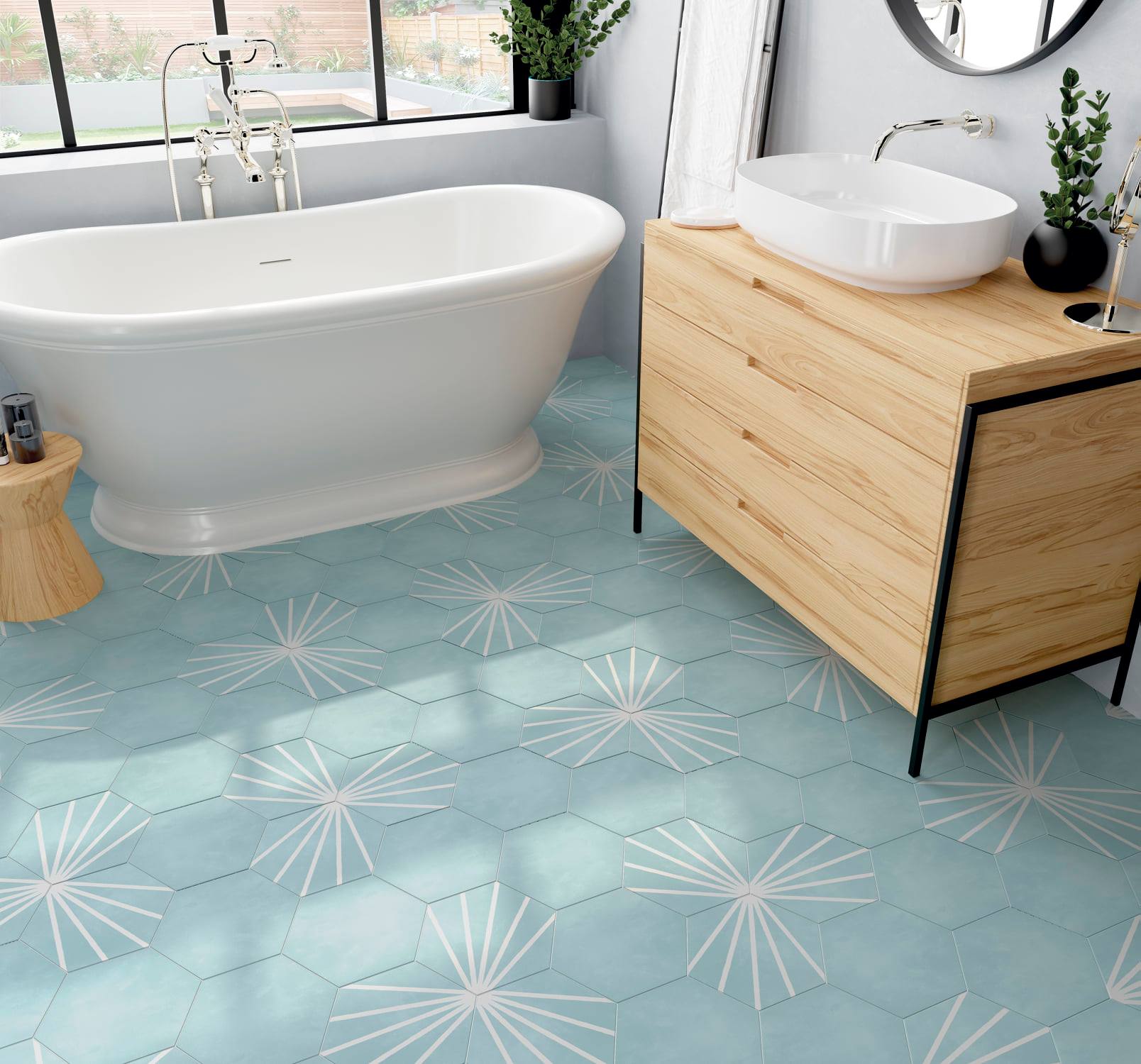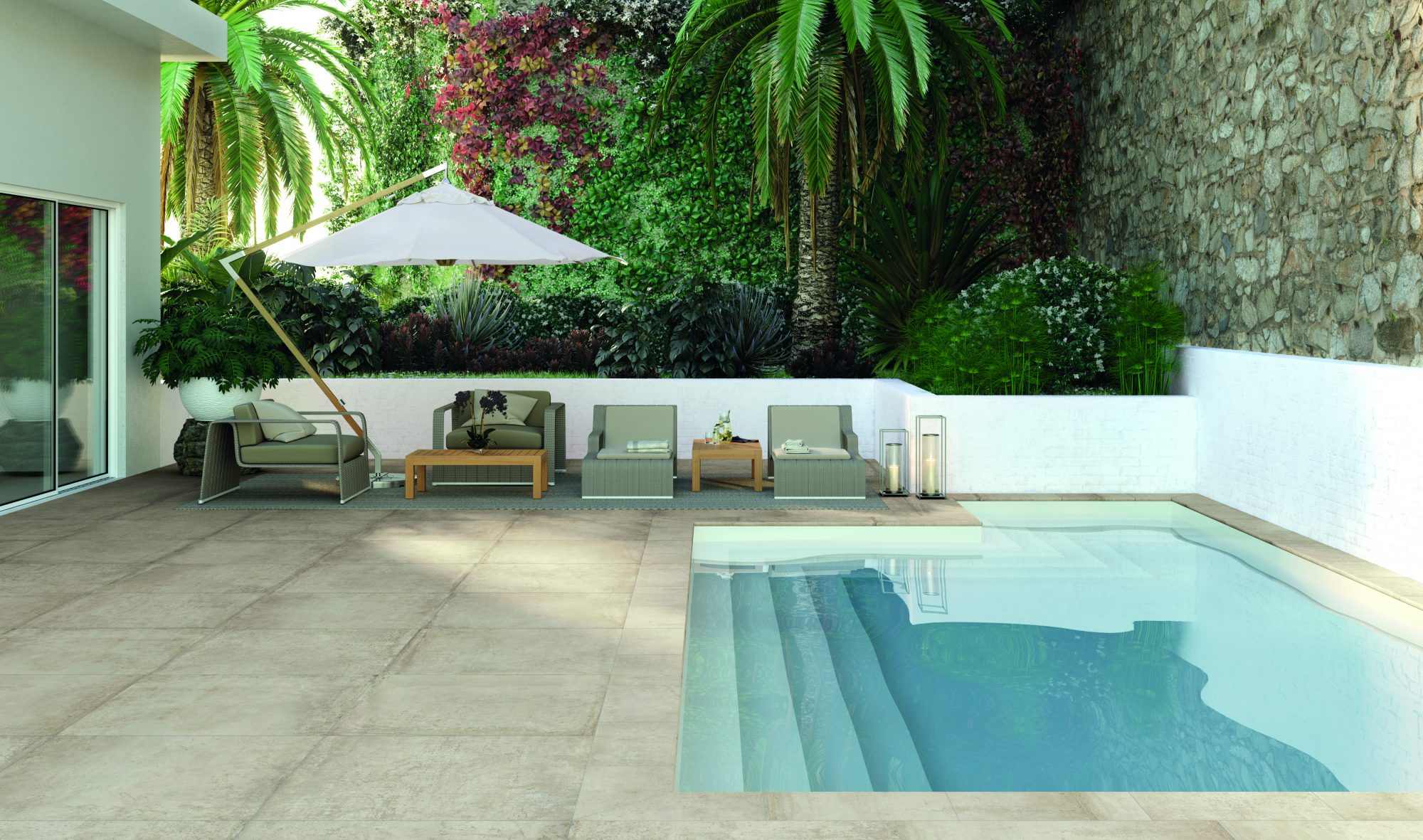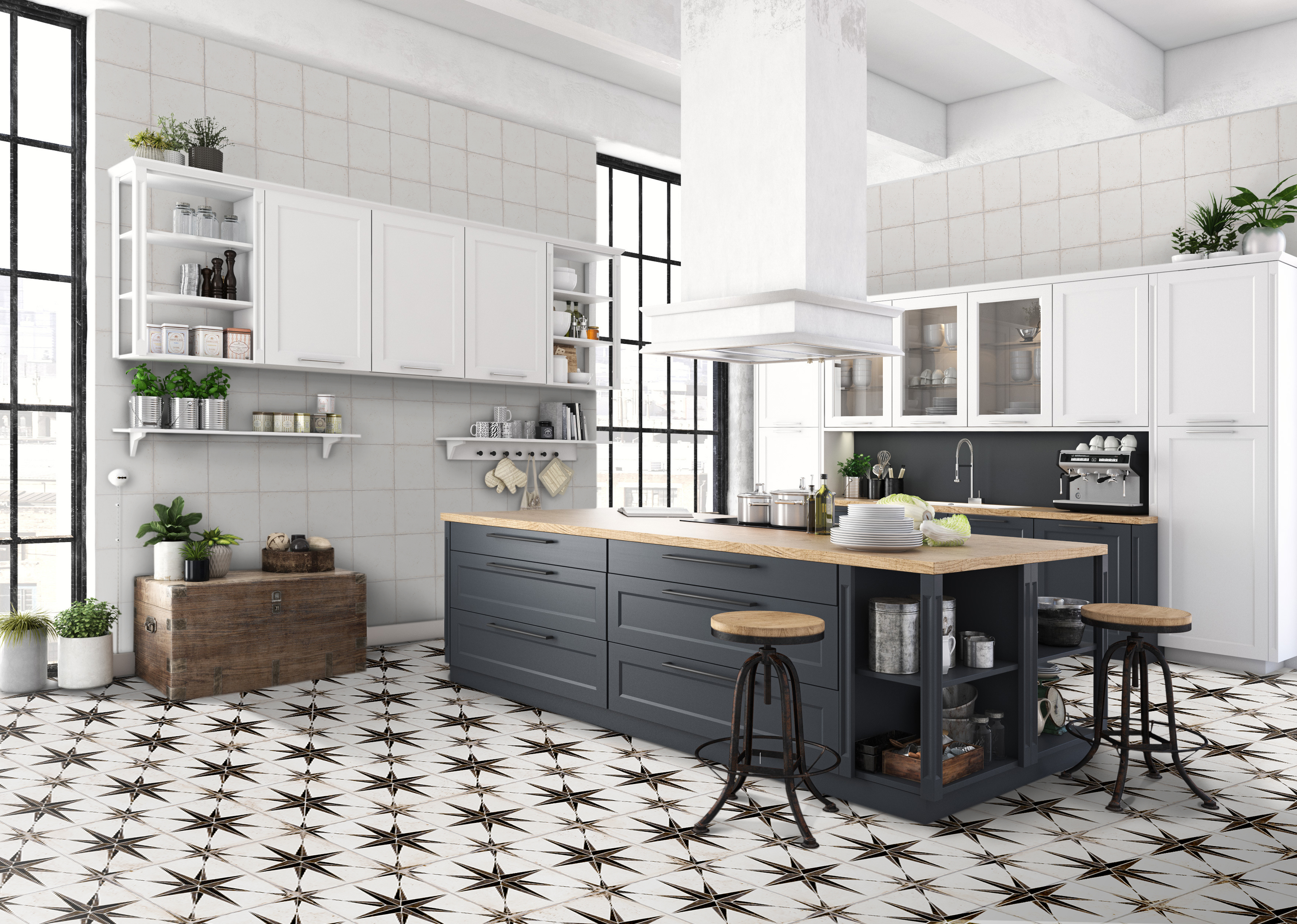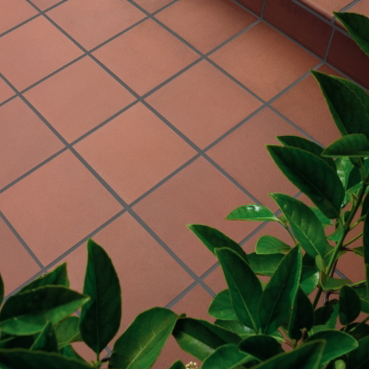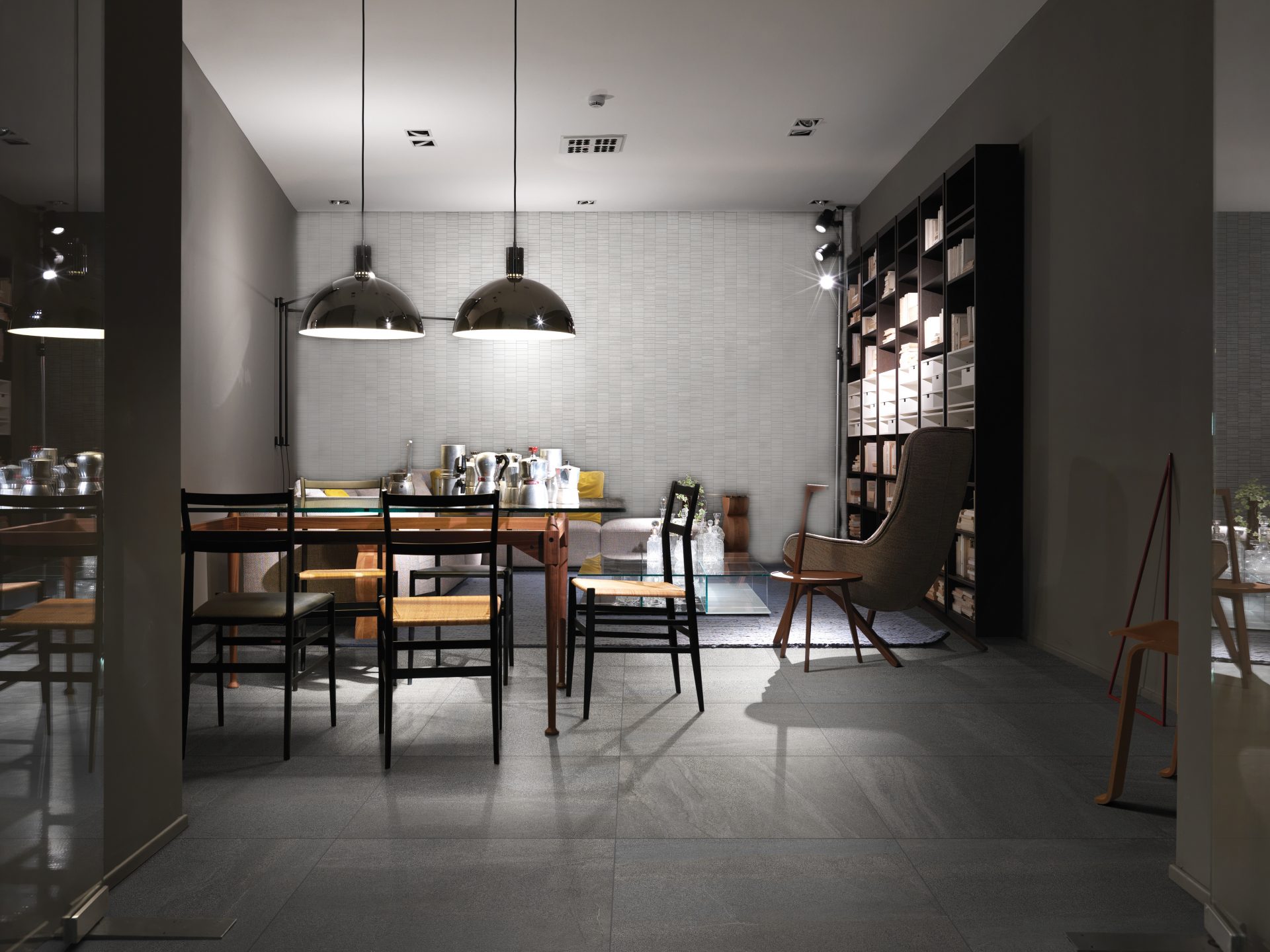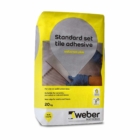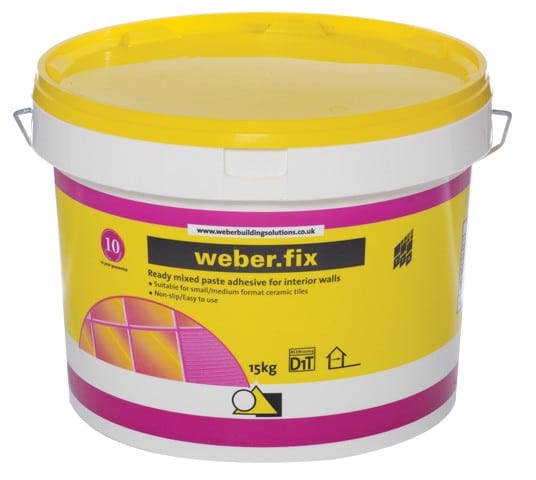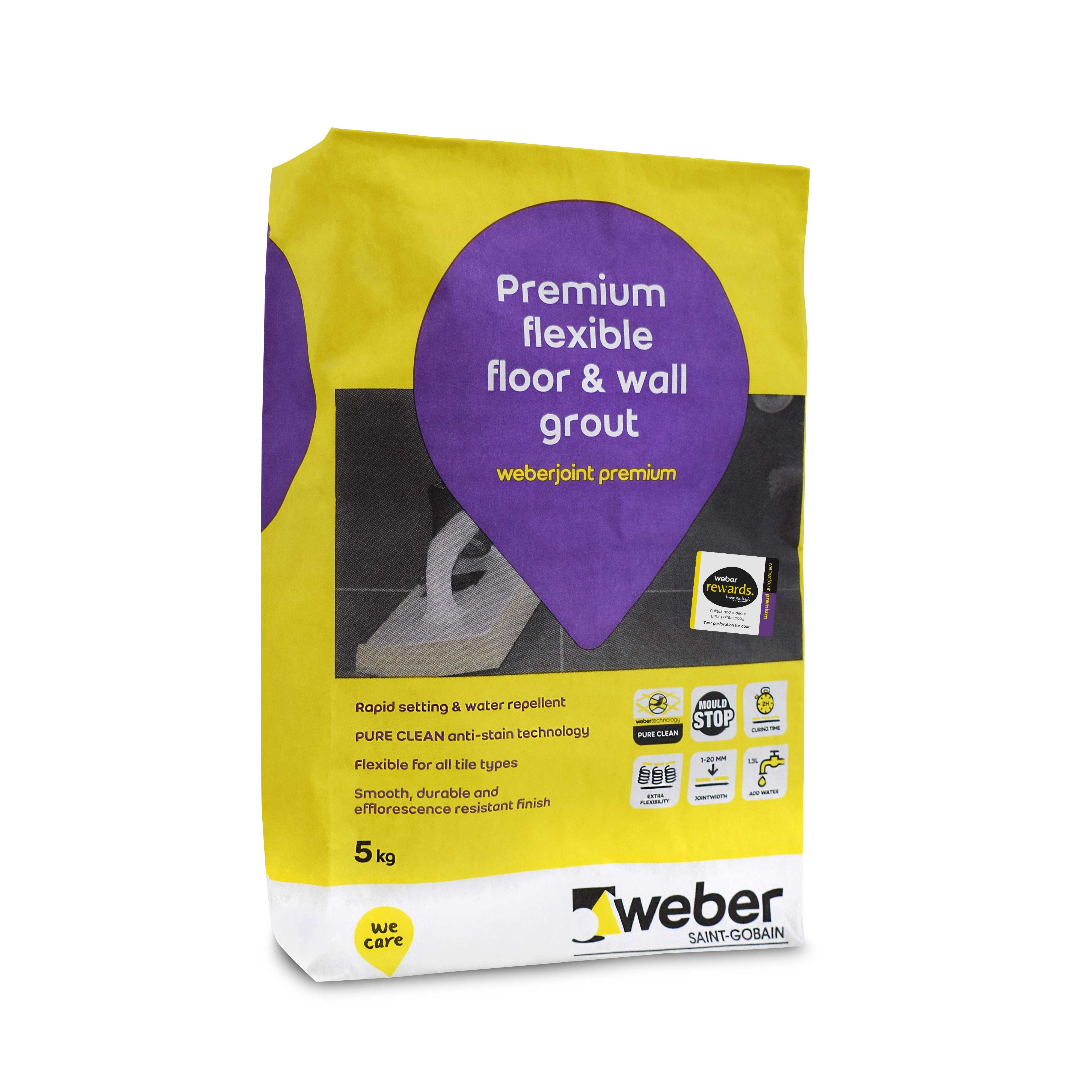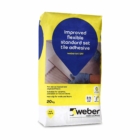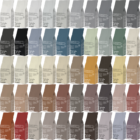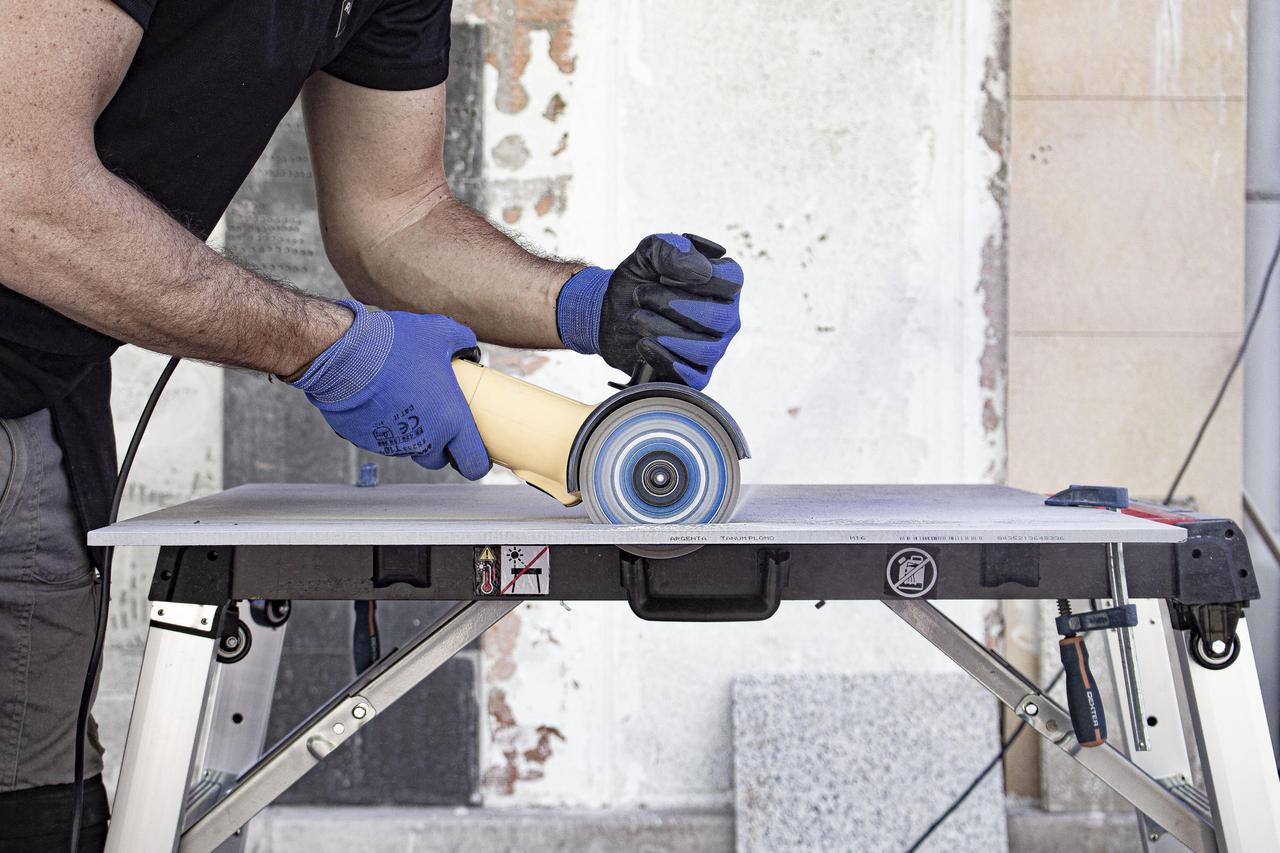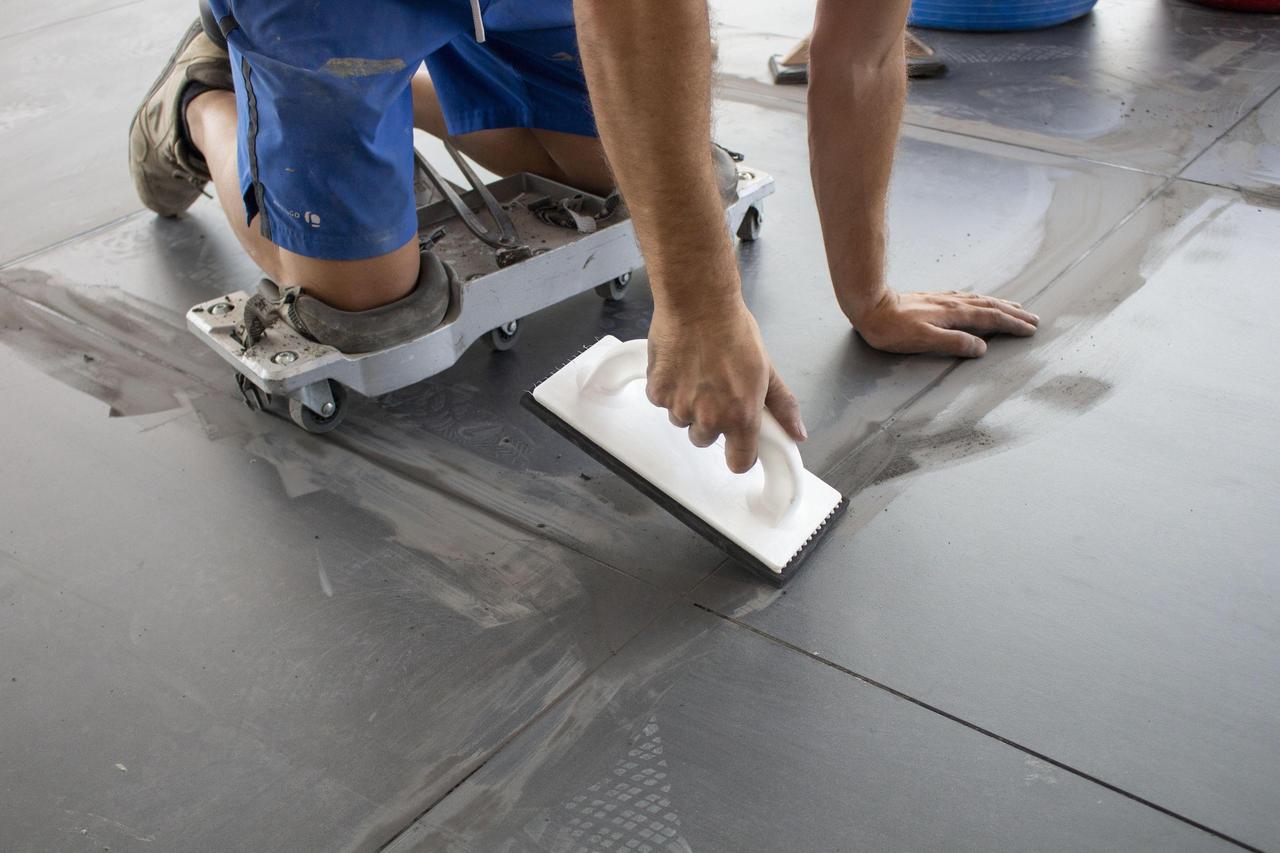Are Outdoor Tiles Waterproof?
When you find the perfect tiles for your outdoor patio, we’re sure you want to snap them up right away. Slow down – have you considered their waterproof rating?
How waterproof your tiles are will determine how to install them and how to manage them in the long term. You have a few options – keep reading to find out.
Do Outside Tiles Need To Be Waterproof?
Naturally, outside tiling has to contend with inclement weather from time to time. Even in dry areas, rainwater can affect them – it can make them slippery or deteriorate their quality, depending on the material used.
But it’s not only the natural texture and outdoor use you need to consider. The slope of the ground is also a crucial factor in how waterproof your tiles are. Even if you have a waterproof undersheet, some slopes collect stagnant water that can harm them.
In short, it helps if they are entirely waterproof, but this is rarely the case for most outside tiles. Correctly install the tiling for your outdoor space and your climate using a waterproof membrane, and they should be immune to water damage.
“Waterproof” Vs “Water-Resistant”
It’s an important distinction to make when considering what outdoor tiling to install and how to install them correctly.
Waterproof means completely watertight, while water resistance is partially waterproof.
If your tiles are waterproof, it means they can withstand any amount of water. Whether it is a spill or a flood, waterproof tiles will remain unaffected and will not crack or weaken.
On the other hand, tiles that are resistant to water have a coating of some kind or are manufactured so that they can withstand certain volumes of water, but they will damage over a certain threshold.
Types Of Tiles & Their Waterproof Ratings
Porcelain tiles
Porcelain tiling is highly resistant to water, but it isn’t waterproof. If you submerge these tiles for long enough, the water will eventually soak in. However once dried it will have no damage to the tile or glaze.
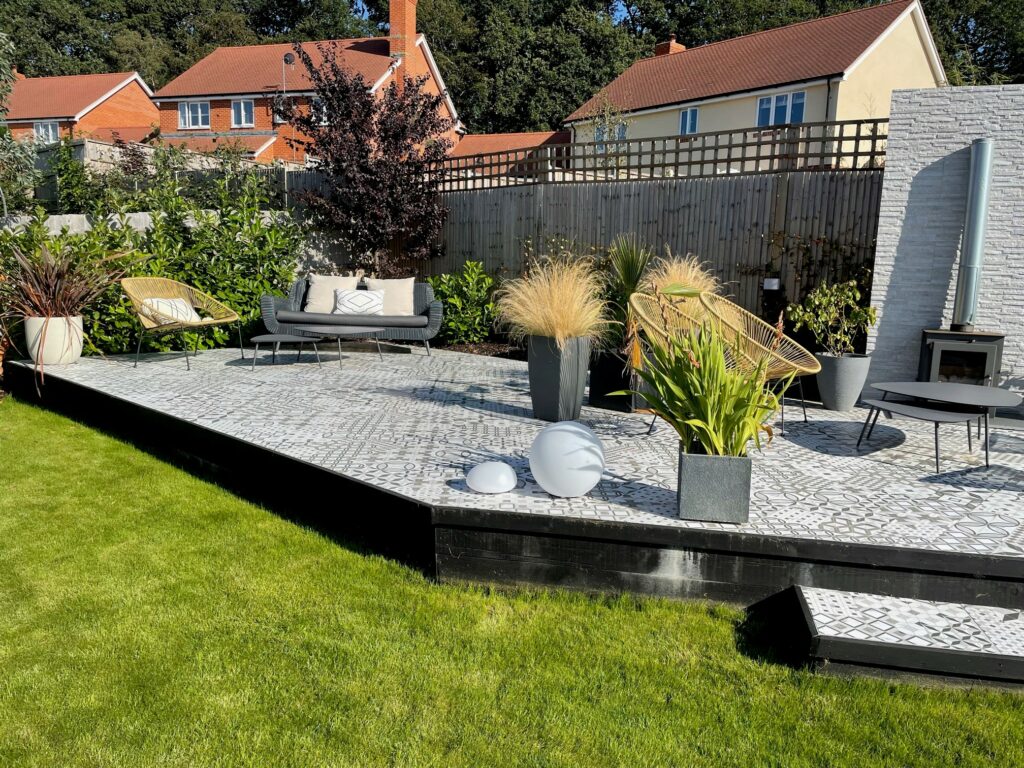
Ceramic tiles
Ceramic tile is not waterproof, but it is highly resistant to water. However, the water absorption capacity is higher than porcelain tile.
Composite decking tiles
A composite tile deck is made from plastic and recycled wood fibres. Like most tiling, it is resistant to water and fire-resistant, but it isn’t waterproof due to the organic material used.
Natural stone tiles
Of all the tiles listed, natural stone is the least resistant to water – it is not waterproof. However, like travertine tiles, many types of natural stone actually absorb water and should be treated with a special coating.
Can You Add A Waterproof Coating To Tiles?
If you have tiles that are resistant to water, and you want to make them waterproof, you might think of adding a layer of waterproofing or treating them with a special coating to make them stronger.
So what are your options when it comes to waterproofing existing slabs?
The first thing to consider is a waterproofing membrane that can be installed underneath the slabs. This underlay will protect the slabs from groundwater and help any latent water to evaporate more quickly.
However, you can only lay this before tile installation. If your slabs are already down, don’t panic! You still have some options for waterproofing.
Clean your tile assembly and put down a waterproof sealant, such as Lithofin. This won’t be completely waterproof, but it will make them highly resistant to water. You should make sure to treat your slabs routinely.
FAQs
Which type of outdoor tile is the most waterproof?
Plastic and rubber tiles are amongst the most waterproof outdoor flooring, containing no organic compounds and are completely non-absorbant.
Porcelain tiling is also a highly effective waterproofing tile, suitable for many outdoor areas or an internal screen porch.
Can you lay tiles in the rain?
You will need a dry install for your outside tile, even if they are made of waterproof plastic.
The reason is that epoxy grout lines, mortar bed, and backer board aren’t resistant to water until they are dry. Even then, they will need additional fade-resistant treatment for heavy rain.
Why is it important to have a water-resistant tile patio?
It’s normal for outdoor floor tiles to get wet – so why is water resistance so crucial?
The reason is that water absorption is a safety hazard on slabs with high foot traffic, so you need effective slip resistance. Many homeowners choose safety first.









